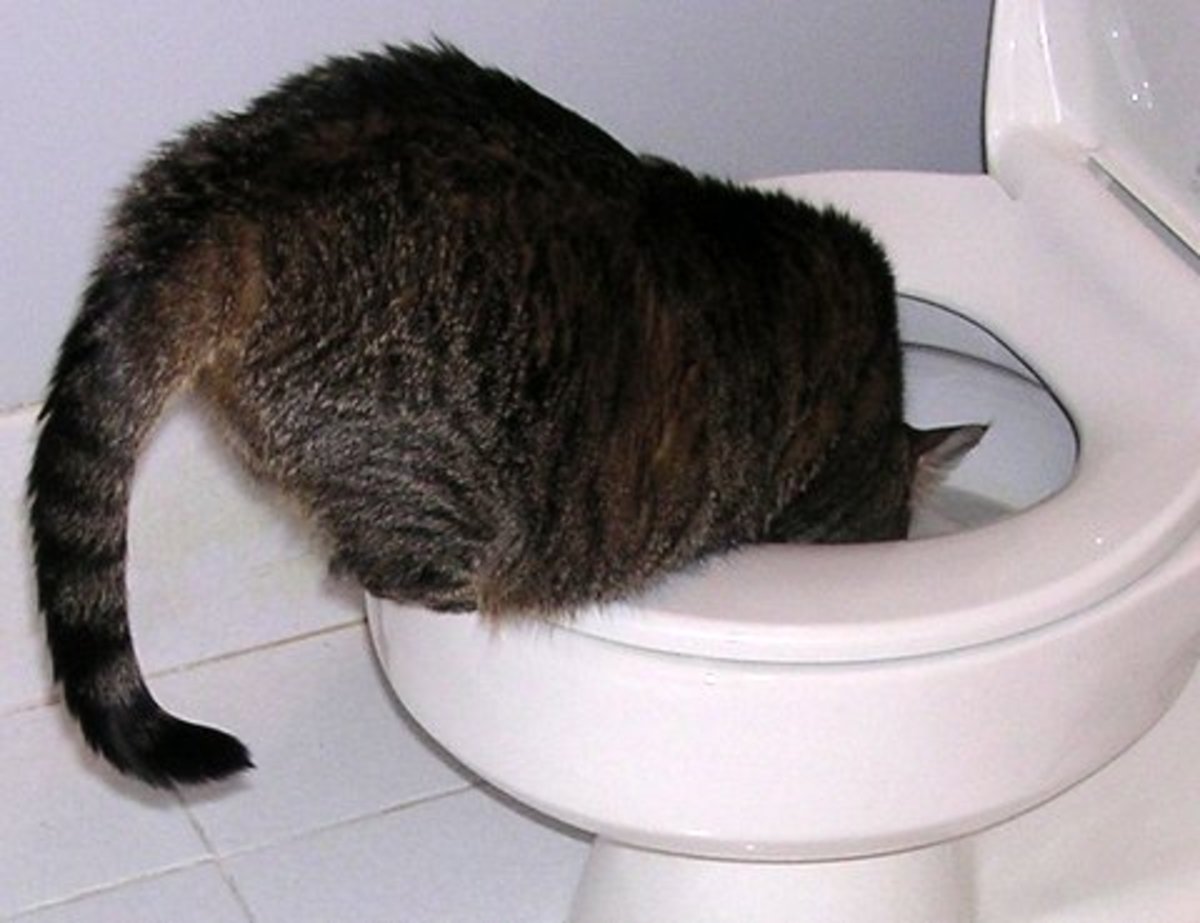The Risks of Flushing Cat Poop in Your Toilet - Preventive Measures
The Risks of Flushing Cat Poop in Your Toilet - Preventive Measures
Blog Article
The writer is making several good annotation related to How to Dispose of Cat Poop and Litter Without Plastic Bags as a whole in the article further down.

Introduction
As cat owners, it's important to be mindful of how we get rid of our feline friends' waste. While it might appear convenient to flush pet cat poop down the bathroom, this technique can have destructive effects for both the setting and human health.
Alternatives to Flushing
The good news is, there are more secure and much more accountable methods to take care of pet cat poop. Think about the following choices:
1. Scoop and Dispose in Trash
One of the most usual technique of getting rid of pet cat poop is to scoop it into a biodegradable bag and toss it in the garbage. Make sure to make use of a devoted clutter inside story and take care of the waste quickly.
2. Usage Biodegradable Litter
Select biodegradable feline trash made from products such as corn or wheat. These clutters are eco-friendly and can be securely dealt with in the trash.
3. Bury in the Yard
If you have a lawn, take into consideration burying cat waste in a designated area far from veggie yards and water resources. Make certain to dig deep enough to prevent contamination of groundwater.
4. Install a Pet Waste Disposal System
Buy a pet waste disposal system particularly designed for pet cat waste. These systems utilize enzymes to break down the waste, decreasing odor and environmental influence.
Health Risks
Along with environmental worries, flushing feline waste can additionally position health and wellness risks to humans. Cat feces might include Toxoplasma gondii, a bloodsucker that can create toxoplasmosis-- a potentially severe illness, specifically for expecting females and people with weakened immune systems.
Ecological Impact
Flushing pet cat poop introduces damaging microorganisms and parasites into the water system, presenting a significant threat to aquatic environments. These impurities can negatively affect marine life and compromise water quality.
Final thought
Responsible family pet possession extends past offering food and shelter-- it additionally involves appropriate waste administration. By refraining from purging feline poop down the commode and going with alternate disposal methods, we can lessen our ecological impact and shield human health.
Why You Should Never Flush Cat Poop Down the Toilet
A rose by any other name might smell as sweet, but not all poop is created equal. Toilets, and our sewage systems, are designed for human excrement, not animal waste. It might seem like it couldn’t hurt to toss cat feces into the loo, but it’s not a good idea to flush cat poop in the toilet.
First and foremost, assuming your cat uses a litter box, any waste is going to have litter on it. And even the smallest amount of litter can wreak havoc on plumbing.
Over time, small amounts build up, filling up your septic system. Most litter sold today is clumping; it is made from a type of clay that hardens when it gets wet. Ever tried to scrape old clumps from the bottom of a litter box? You know just how cement-hard it can get!
Now imagine just a small clump of that stuck in your pipes. A simple de-clogger like Drano isn’t going to cut it. And that means it’s going to cost you big time to fix it.
Parasitic Contamination
Believe it or not, your healthy kitty may be harboring a nasty parasite. Only cats excrete Toxoplasma in their feces. Yet it rarely causes serious health issues in the cats that are infected. Most people will be fine too if infected. Only pregnant women and people with compromised immune systems are at risk. (If you’ve ever heard how women who are expecting are excused from litter cleaning duty, Toxoplasma is why.)
But other animals may have a problem if infected with the parasite. And human water treatment systems aren’t designed to handle it. As a result, the systems don’t remove the parasite before discharging wastewater into local waterways. Fish, shellfish, and other marine life — otters in particular — are susceptible to toxoplasma. If exposed, most will end up with brain damage and many will die.
Depending on the species of fish, they may end up on someone’s fish hook and, ultimately on someone’s dinner plate. If that someone has a chronic illness, they’re at risk.
Skip the Toilet Training
We know there are folks out there who like to toilet train their cats. And we give them props, it takes a lot of work. But thanks to the toxoplasma, it’s not a good idea.

I have been very focused on Don’t flush cat feces down the toilet and I really hope you enjoyed our piece. Sharing is good. Helping people is fun. I recognize the value of reading our article about Don’t flush cat feces down the toilet.
Click Here Report this page